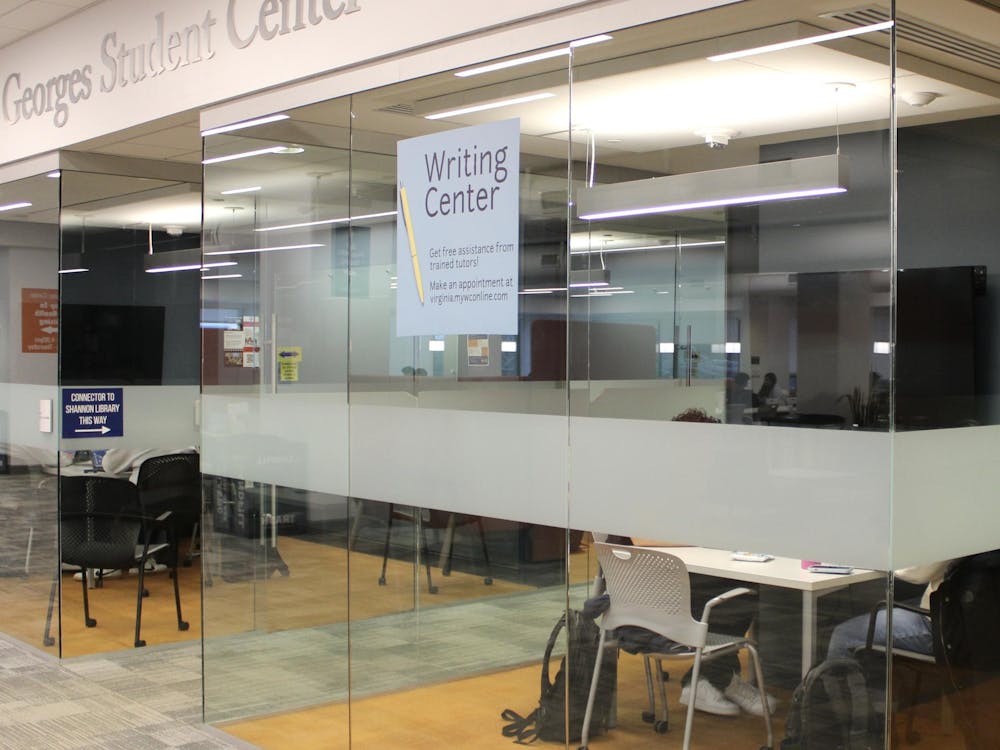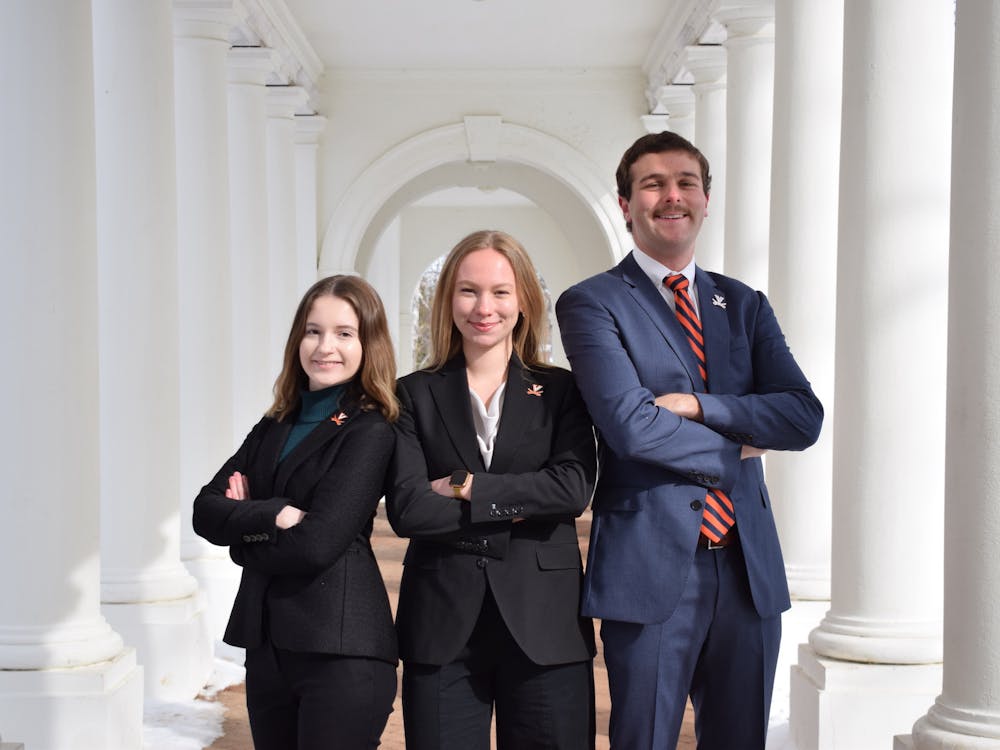A team of cancer biologists at the University and the University of Colorado were awarded $9.55 million by the National Cancer Institute last week to fund five years of prostate cancer research. The research will focus on the molecular changes of cells that become resistant to therapy as the cancer progresses.
Prostate cancer is usually treatable when found early, according to the Prostate Cancer Foundation. Once the disease reaches an advanced stage, however, it becomes very resistant to treatment.\n"We are excited for the opportunity to bring together researchers at two top universities with the objective of discovering what drives aggressive prostate cancer and translating these findings into treatments that improve the survival in patients with advanced disease," said Dan Theodorescu, director of the University of Colorado's Cancer Center.
The main problem is the transformation of the cancer as it evolves.
"[The cells] acquire additional molecular changes that make them resistant to therapy," said Bryce Paschal, professor of biochemistry and molecular genetics at the University.
"We need to have an understanding of the changes that occur during disease progression in order to be able to treat patients."
The research team will explore how cell growth, adaptation to limited nutrients and cell motility contribute to the disease's progression to its therapy-resistant form.
The program will develop models of prostate cancer in animals to study the progression of the disease.
"One of the challenges of studying any disease is having a model system that will recapitulate important parts of the disease," Paschal said. "We are taking laboratory mice and using genetic engineering to introduce changes that are characteristic of human prostate cancer cell."
Paschal also noted the University's ongoing research in the area of signal transduction, the communication network within and between the cells. "We want to find the changes that signal transduction and gene expression that underpin these changes in cell behavior," he said.
Anindya Dutta, professor of biochemistry and molecular genetics at the University's Medical School, is one of the lead researchers on the team that received the grant. He and his team are "working on these tiny RNA molecules called micro RNA," and explained that researchers "have discovered these are important for gene expressions within the past 10 years."
Animal models will also provide the capability to test new drugs in the future. Laboratory results are to be finalized within three to five years, with results for patients coming within 10 to 15 years, Dutta said.






